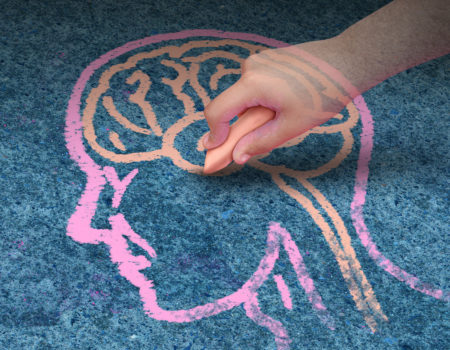School Resources & Tools
Click here to view and download The Department for Education statutory guidance for schools and colleges on safeguarding children and safer recruitment.
This guidance applies to all schools and is for:
- headteachers, teachers and staff
- governing bodies, proprietors and management committees
It sets out the legal duties you must follow to safeguard and promote the welfare of children and young people under the age of 18 in schools and colleges.
If you have concerns about a child you should initially contact your designated safeguarding lead. You can also contact Greenwich Children’s Services for advice or to make a referral. Click here to access contact details and inter-agency referral forms.
Mental Health for Children & Young People
This Children and Young People’s Mental Health and Well-being Symptoms and Services Guide brings together information about the range of mental health conditions and the local and national services available to provide support to children, young people and families.
The GSCP training programme includes the course ‘Children’s Mental Health; Understanding the Issues and Promoting Positive Emotional Well-being’. To access this please visit the training web page.
Our Youth Mental Health First Aider will be delivering training to schools directly. This training will provide:
- An in-depth understanding of young people’s mental health and factors that affect well-being
- Practical skills to spot the triggers and signs of mental health issues
- Confidence to reassure and support a young person in distress
- Enhanced interpersonal skills such as non-judgemental listening
- Knowledge to help a young person recover their health by guiding them to further support – whether that’s through self-help sites, their place of learning, the NHS, or a mix – engaging with parents, carers and external agencies where appropriate
- Ability to support a young person with a long term mental health issue or disability to thrive
- Tools to look after your own mental well-being
Once the dates have been set, the dates will be added to our training page as well as advertised to schools directly.
- Zero suicide prevention training is free online training. It only takes 20 minutes and is a condensed version of the Papyrus training (below). It is worth encouraging all staff to complete the training. On completion, there is a certificate which can be downloaded and personalised.
- Papyrus have a series of suicide awareness raising and training packages to suit different needs and audiences, including ASSIST Training. There may be a fee however, Papyrus occasionally receive funding to offer some of their training for free.
- The national association for PSHE education professionals quality assure and provide resources, training & guidance.
- Time to Change have downloadable resources to help anyone working with children and young people to create an open, supportive culture around mental health.
- The Samaritans have downloadable resources as well as advice and support.
Policies & Practice Guidance
Under the Policies & Practice Guidance section of the GSCP website you will find information, tools and, guidance that you can use to help inform your approach to working with children, young people and families. This section includes:
- Adolescent Safeguarding
- Bullying
- Child and Adolescent Mental Health
- Children Missing from Home and Care
- Domestic Abuse
- Female Genital Mutilation
- Forced Marriage & Honour Based Violence
- Harmful Sexual Behaviours
- Modern Slavery
- Neglect
- Parental Mental Ill Health
- Parental Substance Misuse
- Safeguarding Children and Young People with Special Educational Needs and Disabilities (SEND)
- Private Fostering
- Self Harm
The GSCP also produce fact sheets on various subjects which are quick and easy to refer to documents. These are published here.
Useful Resources & Links
- The Social Care Institute of Excellence produced ‘Safeguarding children in education: types and indicators of abuse’ in September 2019. To download this document click here.
- The NSPCC has web pages dedicated to safeguarding and child protection in schools. Click here to be directed to these pages.
- The National Crime Agency has a Child Exploitation & Online Protection (CEOP) Command which has a vast collection of useful resources for raising awareness and educating children of all ages on these issues. Please visit their website and access these resources by clicking here.
- The National Autistic Society has created autism resources specifically for teachers. Click here to view them.







